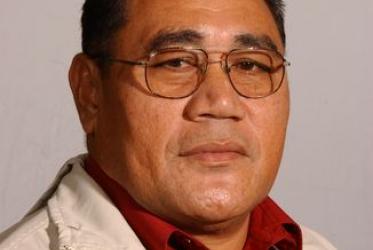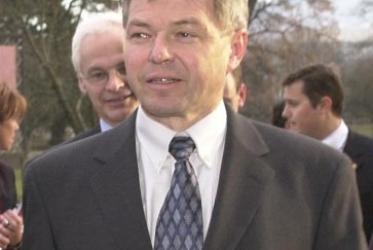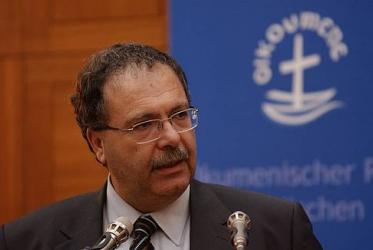Displaying 101 - 120 of 136
WCC delegation met with Syria's Assad
24 April 2008
WCC statements address climate change, other topics
20 February 2008
Church statements should have roots in scripture
19 February 2008
Kenya needs voice of churches
15 February 2008
Be "leaders in peace", WCC invites churches
08 December 2007
New Middle East forum to unite church efforts for peace
05 September 2006
Historic Peace Churches offer a unique voice for nonviolence
19 February 2006
November 2005
25 October 2005
North Rift, Kenya: changing a volatile region
21 September 2005














